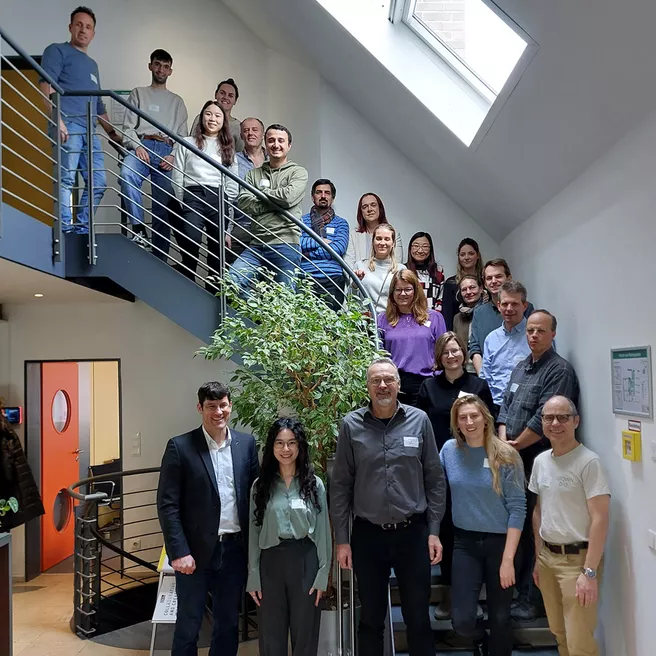Organisations and countries worldwide have instituted policies and regulations to reduce the environmental impact and to increase the overall sustainability of products. Thanks to this push, many innovations and novel technologies are being developed to produce materials and goods which are based on biomass. To assess if these products are better than conventional products, life cycle assessments are used. Results of these assessments enable to evaluate products which are under development or in the market already. A challenge, however, is that these assessments can be complicated, especially for products that are still under development, products that are based on so called low technology readiness levels (TRL).
The EU-funded ESCIB project aims to help the European bio-based economy by developing crucial assessment methodologies that will allow faster and more accurate assessments of their value chains. Central to ESCIB's mission is crafting standardized, life-cycle methodologies for sustainable assessments of bio-based systems at various technology-readiness levels (TRLs). This will help to further improve the sustainability of biobased products, to reduces potential negative impacts and to highlight the benefits of biobased products in comparison to fossil-based products. The project aims to:
- Develop Comprehensive Assessment Methods: Establishing thorough and effective methods to evaluate sustainability across different TRLs, incorporating socio-economic factors.
- Foster Industry Collaboration: Partnering with five leading industry players (GROWN Bio, Lenzing, Stora Enso, Unilin, and Bio Based Supply) to enhance the practical applicability of these methodologies. This will be instrumental for certification bodies in product labelling and certification.
- Harmonize with EU Policies: Aligning our environmental and circularity impact analyses with the European Green Deal and the Circular Economy Action Plan.
- Guide Research and Innovation: Offering direction for future research and innovation in bio-based sectors.
Through in-depth research and collaborative efforts, ESCIB is poised to drive a significant shift towards a more sustainable and eco-conscious future. The consortium comprises twelve European entities from Germany, Belgium, the Netherlands, Portugal, Finland, Austria, Luxembourg, and Switzerland, each bringing expertise in the bio-based economy.
Scientific Contact:
Prof. Dr. Gabriele Weber-Raschke, Dr. Omar Hijazi
Research Area Material Flow Management
Hans-Carl-von-Carlowitz-Platz 2
85354 Freising
weber-blaschke(at)hfm.tum.de
hijazi(at)hfm.tum.de

